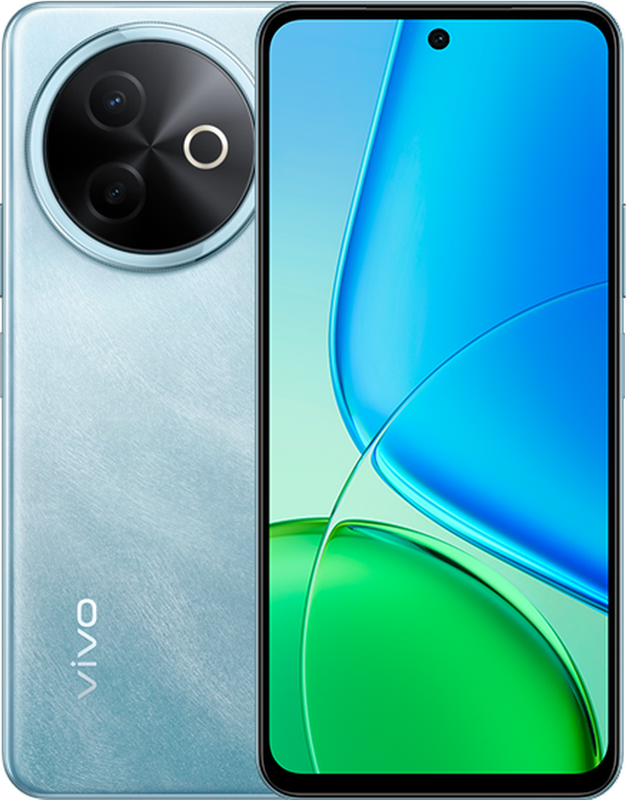Google is testing an Auto Dark Mode for websites feature on its iPhone app, according to a report. As evident by the name, the feature automatically toggles dark mode on applicable websites, the report suggests. Similar to a browser, the Google app lets users browse the web. Additionally, it also has artificial intelligence (AI) capabilities via Gemini, the company’s proprietary conversational AI chatbot. This new feature is reportedly currently in testing and isn’t available widely to users.
Auto Dark Mode on iPhone
According to a 9to5Google report, Auto Dark Mode on iPhone has been made available via Google Search Labs – a program that enables users to try out experimental features that are not accessible to the public yet.
Rolling out this feature, Google reportedly said, “Stay in dark mode no matter what website you are on. Turn on dark mode on your device to activate this experience so all the websites you visit match your app’s dark theme.”
When enabled, this feature will be turned on for all the applicable websites, it was further mentioned. It is also reported that Auto Dark Mode will not be available on websites which have an existing dark mode. In the screenshots shared by 9to5Google, Auto Dark Mode introduced a new appearance to the website but didn’t appear to present a pure Black look. Instead, the background turned Dark Grey.
Since this feature is currently only available to early testers as a beta experiment, Google reportedly says, “Quality of the conversion to dark mode may vary. Experiment does not apply to websites with an existing dark theme.”
Minimised custom tabs on Chrome
In addition to experimenting with the Auto Dark Mode feature on the Google app, the tech giant also introduced a new feature called Minimised Custom Tabs on its Chrome browser for Android. Available with Chrome version 124, it turns tabs into small floating windows when minimised.
This feature appears in the form of a downward button on the top banner alongside the website name. Tapping the button turns the tab into a floating picture-in-picture (PiP) window.








